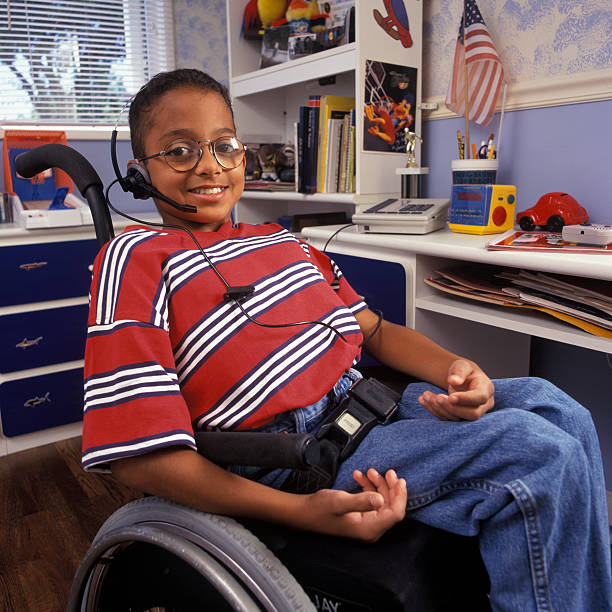Understanding the Challenges Faced by Caregivers of Individuals Living with Disabilities in Africa
Caring for a family member with a disability can be both a rewarding and demanding experience. In Africa, where access to adequate healthcare and support services can be limited, the responsibilities of caregivers become even more challenging. This article delves into the experiences and challenges faced by caregivers and family members of individuals living with disabilities across the diverse African continent.
By shedding light on these issues, we hope to foster greater awareness and understanding of the unique struggles caregivers encounter in their daily lives.
The Role of Caregivers in African Society
In Africa, the responsibility of caregiving often falls on family members due to cultural norms, limited resources, and the absence of comprehensive social support systems. Family caregivers play a pivotal role in the lives of individuals with disabilities, providing physical assistance, emotional support and advocating for their rights and needs within their communities.
However, this vital role can come at a personal cost as caregivers juggle their own needs and responsibilities with the demands of caregiving.
Challenges Faced by Caregivers of Individuals Living with Disabilities in Africa
1. Stigma and Social Isolation
One of the significant challenges faced by caregivers in Africa is the stigma associated with disabilities. Negative societal attitudes can lead to social isolation, making it difficult for caregivers and their disabled family members to participate in their communities actively. This isolation can exacerbate feelings of loneliness, anxiety, and depression among caregivers, as they may feel misunderstood or excluded from social activities.
2. Limited Access to Healthcare and Support Services
Access to healthcare and specialized support services is often limited in many parts of Africa, particularly in rural areas. Caregivers must contend with inadequate medical facilities, a lack of specialized therapies, and the scarcity of assistive devices that could improve the quality of life for individuals with disabilities. This lack of resources puts immense pressure on caregivers to be resourceful and creative in finding alternative solutions to address their loved ones’ needs.
3. Financial Strain and Economic Impact
Providing care for a family member with a disability can impose a significant financial burden on caregivers. The costs associated with medical treatments, therapies, and assistive devices can be overwhelming, particularly for families already facing economic challenges. This financial strain may hinder caregivers’ abilities to seek proper healthcare or support, further exacerbating the health and well-being of both the caregiver and the disabled individual.
4. Lack of Inclusive Education and Employment Opportunities
In many African countries, individuals with disabilities face barriers to accessing inclusive education and employment opportunities. Caregivers often advocate tirelessly for their loved ones’ rights to education and work, facing resistance and discrimination along the way. The lack of inclusive systems may frustrate and dishearten caregivers as they fight for their family member’s right to be fully integrated into society.
Conclusion
The experiences of caregivers and family members of individuals living with disabilities in Africa are multifaceted and complex. They navigate challenges such as stigma, limited resources, financial strain, and lack of access to inclusive services. Despite these obstacles, caregivers remain resilient, demonstrating unwavering dedication and love for their disabled family members. There is a pressing need for increased awareness and advocacy to address the needs of caregivers in Africa.
Governments, NGOs, and communities must work together to create comprehensive support systems that address the unique challenges faced by caregivers and individuals with disabilities. By fostering understanding and implementing inclusive policies, African societies can empower caregivers and enhance the quality of life for those living with disabilities.

